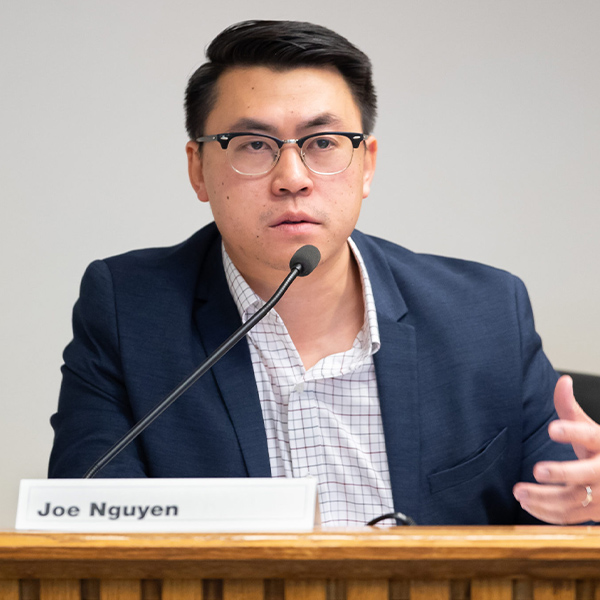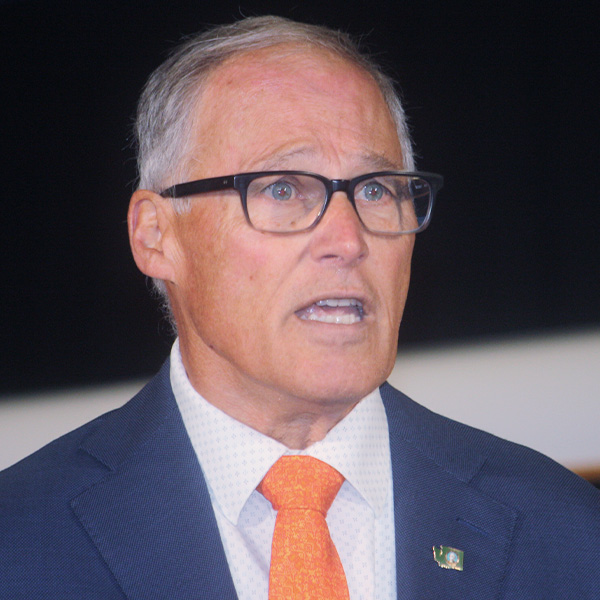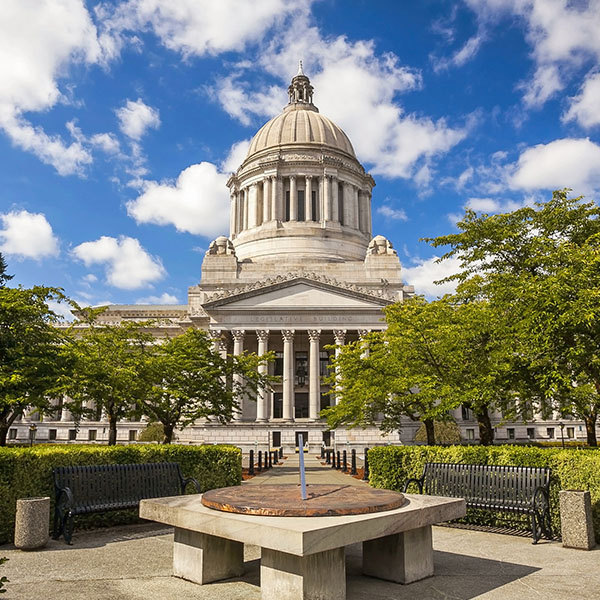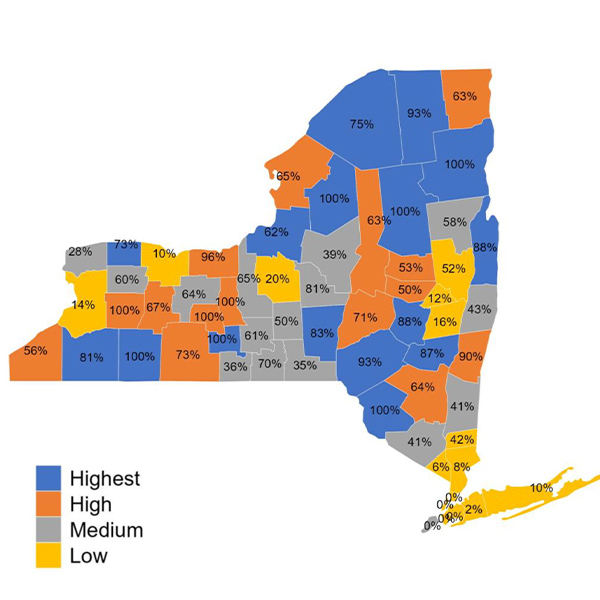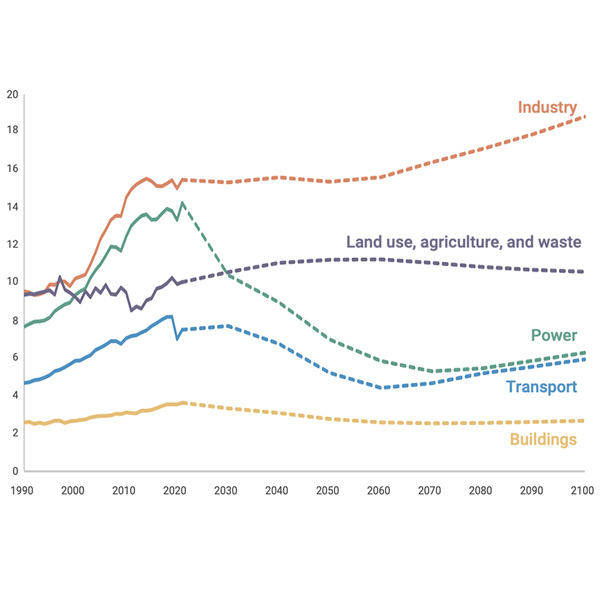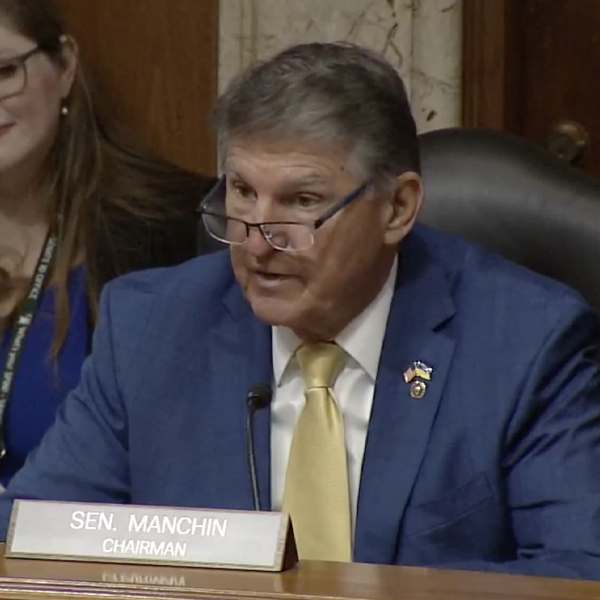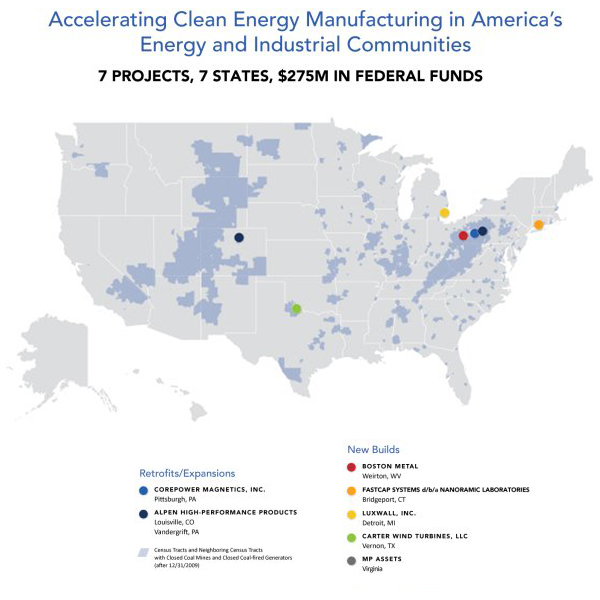Industrial Decarbonization
The bill to create a new agency to monitor activity in Washington's petroleum market details five pages of the kind of information the body would have to collect from oil companies.
A bill to link Washington’s cap-and-trade program with the California-Quebec combined system drew no immediate opposition when it was introduced, but did collect several requests for technical changes.
A Seattle-based conservative think tank says the Washington governor knew nearly a decade ago that a cap-and-invest program in the state would increase gas prices.
Washington’s one-year-old cap-and-invest program will be one of the dominant issues during the state’s 2024 legislative session, which begins Jan. 8.
As utilities and regulators face unprecedented growth in power demand, figuring out how to plan and finance distribution systems has become a fast-moving target, according to speakers at the GridWise Alliance gridCONNEXT conference.
Industrial decarbonization is lagging the effort in the power sector and transportation, and many companies are considering directly linking big industrial demand with clean energy.
A recently retired state economist has filed a claim against Washington, alleging he was ordered not to include cap-and-trade costs in a revenue forecast, leading to him to leave his position with the agency
The Senate Energy and Natural Resources Committee on Thursday looked into the state of advanced nuclear reactors just weeks after NuScale Power and Utah Associated Municipal Power Systems terminated a once promising pilot project.
The Department of Energy said it would provide $275 million for seven projects around the country that are meant to bolster domestic clean energy supply chains.
Want more? Advanced Search

